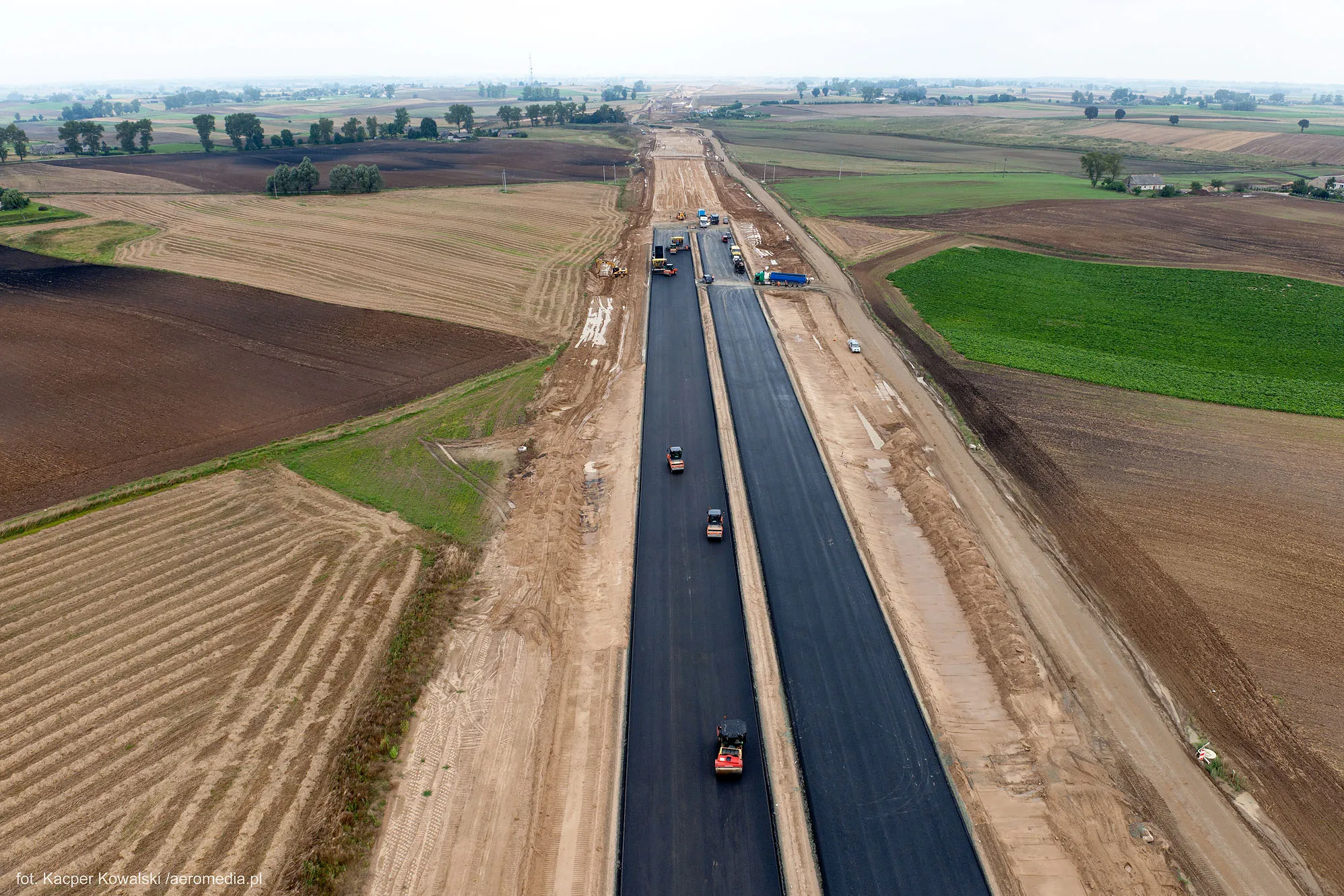Brazil expects the second phase of its logistics investment programme PIL (Programa de Investimentos em Logistica) to include 7,000km of new roads by 2018. In the first phase, between 2011 and 2014, more than 5,300km were built. The first auctions under the second phase are expected to be launched by the end of the year, according to Flavio Freitas, development and technology director for the Brazilian road operators association ABCR.
PIL was launched in August 2012 to garner private sector investment fo
October 21, 2015
Read time: 2 mins
Brazil expects the second phase of its logistics investment programme PIL (Programa de Investimentos em Logistica) to include 7,000km of new roads by 2018.
In the first phase, between 2011 and 2014, more than 5,300km were built.
The first auctions under the second phase are expected to be launched by the end of the year, according to Flavio Freitas, development and technology director for the Brazilian road operators association ABCR.
PIL was launched in August 2012 to garner private sector investment for all infrastructure project, not just road. The government wants “strategic partnerships with the private sector, promoting a synergy between road, rail, river, sea and air transport systems”, according to the PIL website.
“In the road network’s first phase, the programme executed a concession of 4,890km of roads. From May 2014 to September 2015 the programme delivered over 288km of duplicated roads, with the target being the delivery of duplication of the entire length of the roads dealt with by each concession over a period of four years after the Licence of Implementation being granted. The estimated investment is $11.8 billion.
In June 2015, the Brazilian federal government announced the second stage of PIL would have investment of almost $17 billion and focus on increasing capacity and improving road safety.
In the first phase, between 2011 and 2014, more than 5,300km were built.
The first auctions under the second phase are expected to be launched by the end of the year, according to Flavio Freitas, development and technology director for the Brazilian road operators association ABCR.
PIL was launched in August 2012 to garner private sector investment for all infrastructure project, not just road. The government wants “strategic partnerships with the private sector, promoting a synergy between road, rail, river, sea and air transport systems”, according to the PIL website.
“In the road network’s first phase, the programme executed a concession of 4,890km of roads. From May 2014 to September 2015 the programme delivered over 288km of duplicated roads, with the target being the delivery of duplication of the entire length of the roads dealt with by each concession over a period of four years after the Licence of Implementation being granted. The estimated investment is $11.8 billion.
In June 2015, the Brazilian federal government announced the second stage of PIL would have investment of almost $17 billion and focus on increasing capacity and improving road safety.







